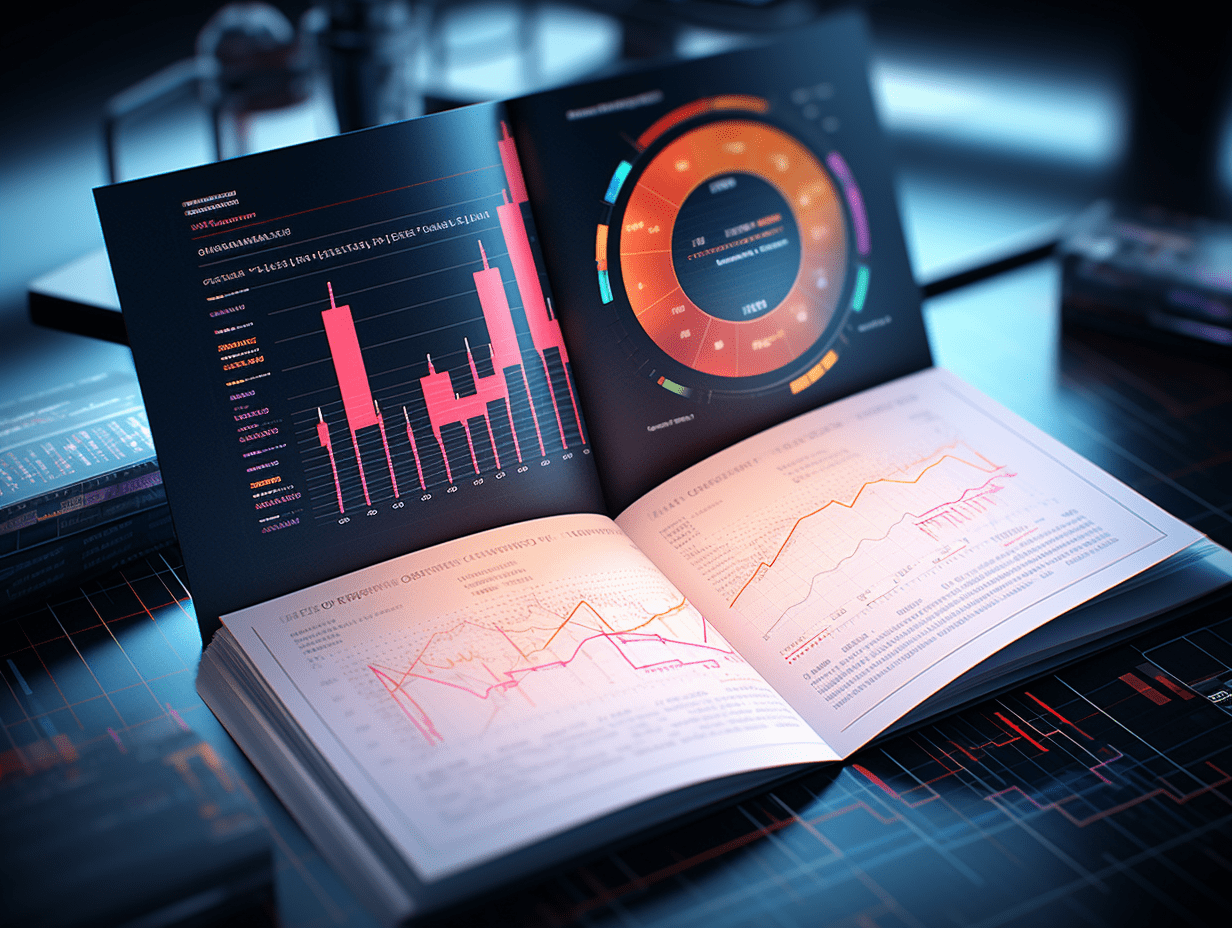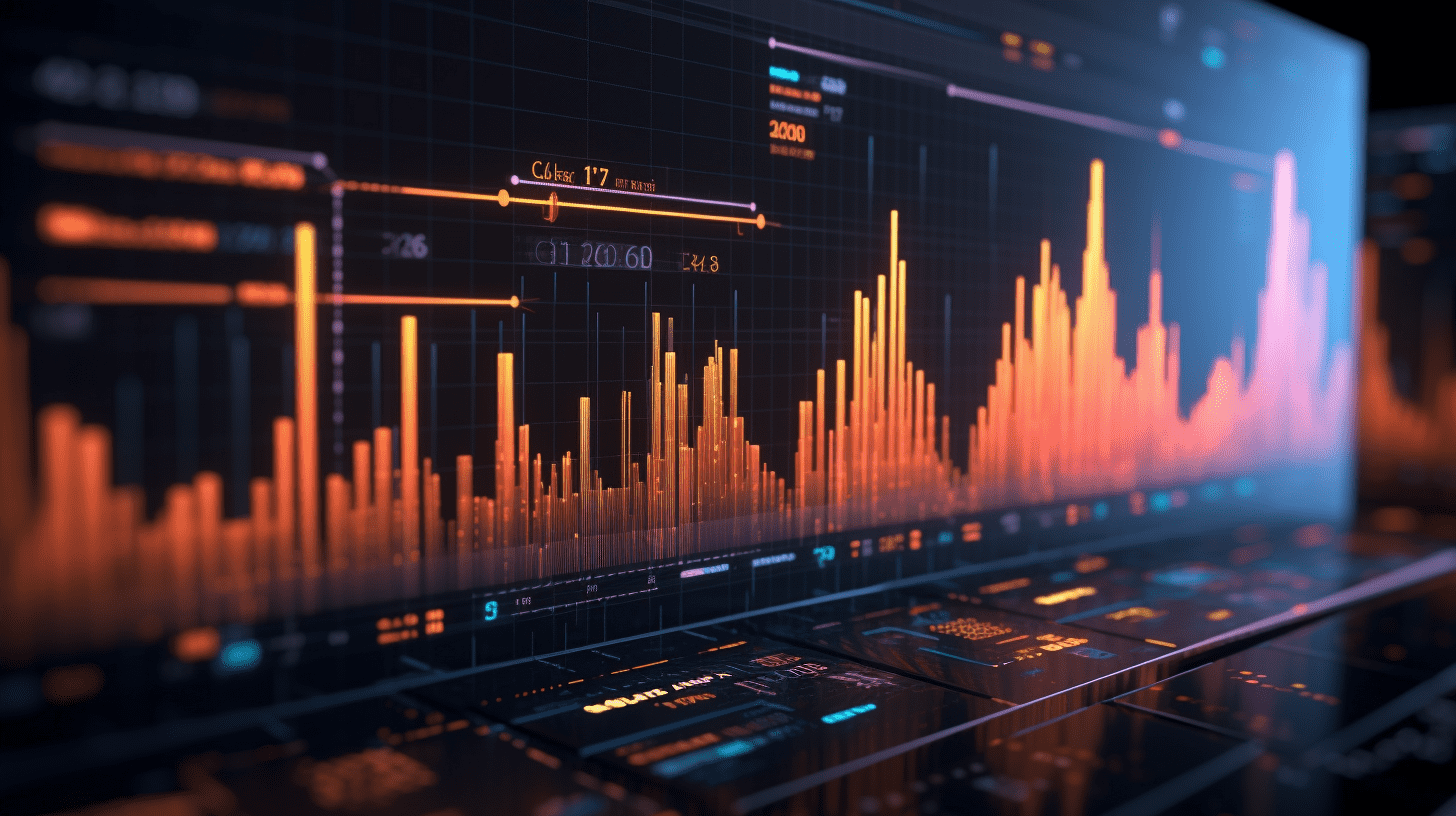As China Implements Rare Earth Export Controls, Global Automakers Warn of Potential Production Delays or Interruptions
As China enforces export restrictions on rare earths and other critical minerals, with no immediate solutions available, several global automakers have joined their U.S. counterparts in raising concerns. According to a June 3 report by Reuters, following similar complaints from an Indian electric vehicle manufacturer last week, the German automotive industry association (VDA) has recently voiced its worries. Hildegard Mueller, President of VDA, stated, “If the current situation does not change swiftly, the possibility of production delays or even interruptions in German automobile manufacturing cannot be excluded.”
In a statement to Reuters, Mueller highlighted that the automotive sector depends heavily on rare earth magnets for components such as wiper motors and brake sensors, which puts smooth production at risk. Although China has issued export licenses to a limited number of rare earth producers, including suppliers to Volkswagen, this remains insufficient to guarantee a steady supply of parts necessary for manufacturing.
This marks VDA’s first explicit warning that China’s export controls could trigger production stoppages, though no specific timeline was provided. In May, Bosch, the largest global automotive parts supplier, confirmed it was impacted by China’s new regulations but declined further comment. Mercedes-Benz stated it is “closely assessing and monitoring the situation” and that “no direct impact on Mercedes has been identified so far.” Volkswagen has not issued a comment.
Reports further indicate that export restrictions by China have caused significant concern among corporate boards and governments worldwide, from Tokyo to Washington. Officials and industry leaders from India, Japan, and Europe are urgently engaging with Chinese officials to expedite export approvals, fearing new vehicle production may be stalled by late summer.
Following the U.S. administration’s imposition of high tariffs on China in April, China retaliated swiftly by implementing export controls on several key minerals and rare earth magnets, establishing a licensing system as reported by the Financial Times. Reuters observed that these restrictions disrupt vital supply chains for automakers, aerospace manufacturers, semiconductor companies, and military contractors, underscoring China’s dominant position in critical minerals and serving as a strategic lever amid U.S.-China trade tensions.
Rare earth magnets are essential components in a broad range of products from vehicles and drones to robots and missiles. Currently, shipments carrying these materials are delayed at Chinese ports pending the licensing system rollout. Once implemented, this may permanently cut off supply sources for some companies, including U.S. defense contractors.
In India, Bajaj Auto has warned that any additional delays in securing rare earth magnet supplies from China could “severely impact” the country’s electric vehicle production. Indian automotive executives are planning to visit China within the next two to three weeks.
In May, leaders of industry associations representing major automakers such as General Motors, Toyota, Volkswagen, and Hyundai expressed similar concerns in letters to the Trump administration. The Alliance for Automotive Innovation (AAI) stated that without reliable access to these elements and magnets, critical automotive parts including automatic transmissions, throttle bodies, alternators, motors, sensors, seat belts, speakers, lighting, power steering systems, and cameras could not be produced.
Frank Fannon, a mining consultant and former U.S. Assistant Secretary of State for Energy Resources during Trump’s first term, noted that these supply disruptions should not come as a surprise. He emphasized the urgency for the U.S. to mobilize government efforts to secure resources and boost domestic production capacity.
On June 1, U.S. Treasury Secretary Janet Yellen alleged in a CBS interview that China was “withholding” approved rare earth exports. President Trump also accused China on June 1 via Truth Social of “completely violating our agreement.” However, Bloomberg reported on June 2 that rare earth export approvals are proceeding, albeit more slowly than expected. Michael Hart, President of the American Chamber of Commerce in China, clarified that delays are due to China’s new export approval system rather than outright export bans.
Chinese Ministry of Commerce announcements issued in April 2025 placed 28 U.S. entities under export control. However, starting May 14, 2025, these measures were suspended for 90 days to honor high-level trade talks consensus, with exporters required to apply for licenses for dual-use items, subject to review.
According to U.S. Geological Survey data, China accounts for nearly 70% of global rare earth production. Given the U.S. reliance on rare earths for high-tech products from fighter jets to electric vehicles, export controls are widely regarded as a strategic tool in China’s trade negotiations.
On May 29, Chinese Ministry of Commerce spokesperson He Yungjian affirmed that export controls on items with dual-use capabilities are consistent with international norms and reflect China’s commitment to global peace and regional stability.
Following Geneva trade talks, the Trump administration imposed several restrictive measures targeting China, including AI chip export controls, suspension of chip design software sales, and revocation of student visas, which have undermined prior agreements.
On June 2, a Ministry spokesperson urged the U.S. to correct its course and uphold the Geneva consensus to promote stable bilateral economic relations, warning that China would take decisive actions to protect its interests if the U.S. continued harmful practices.











